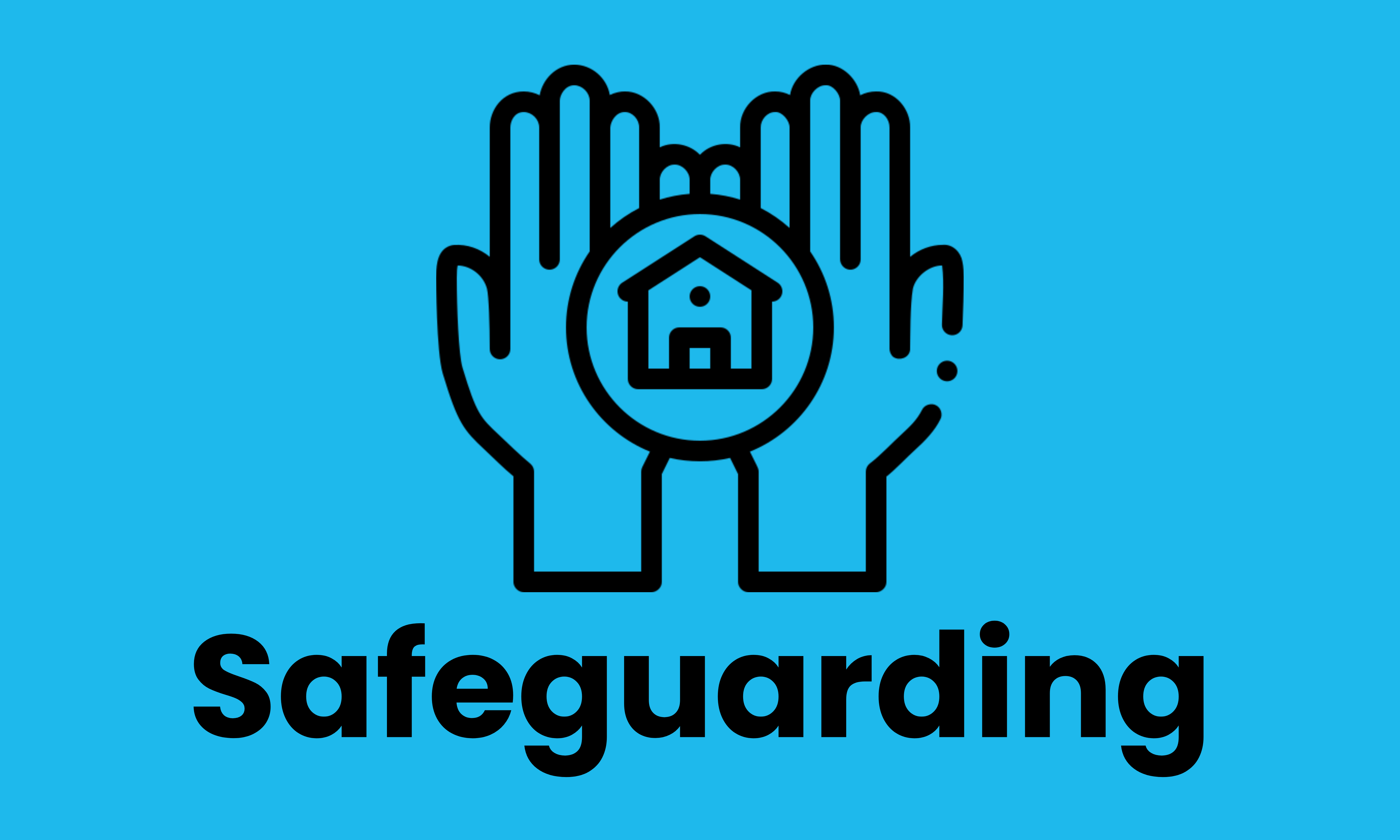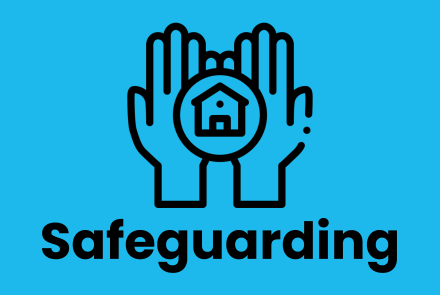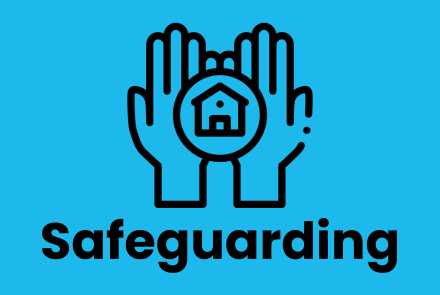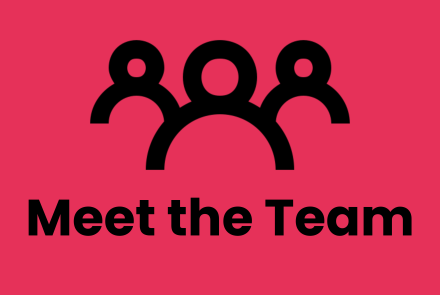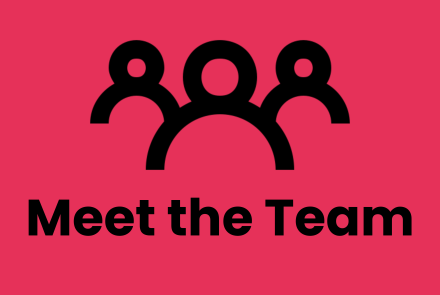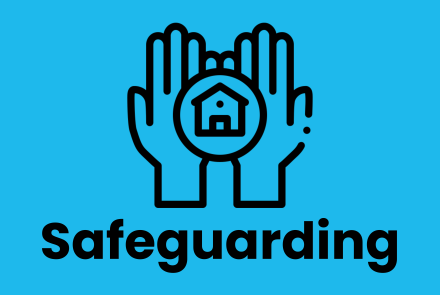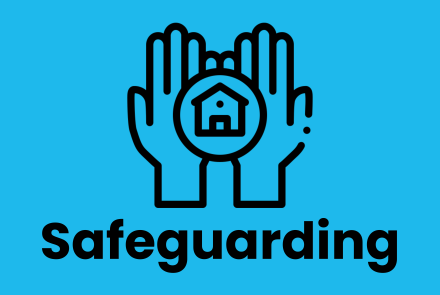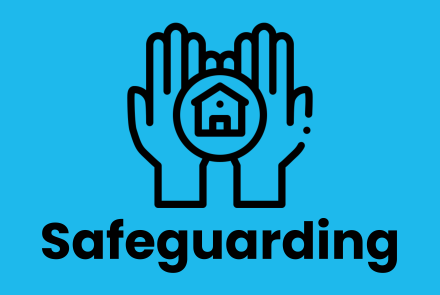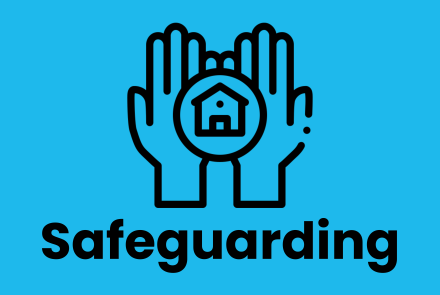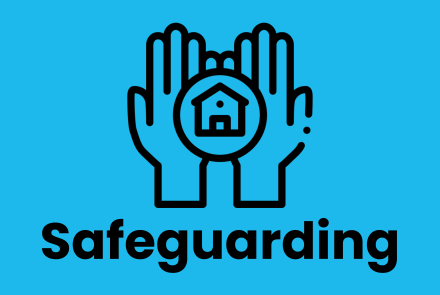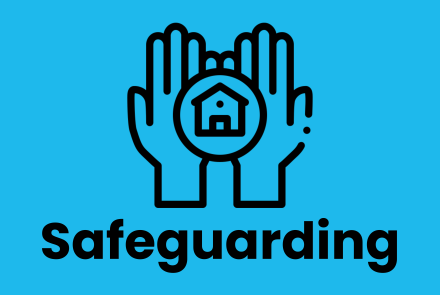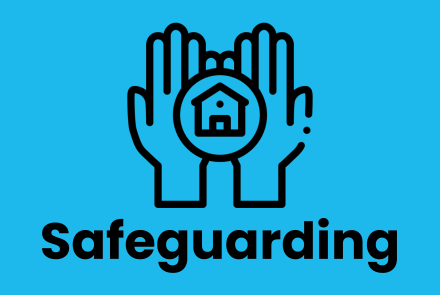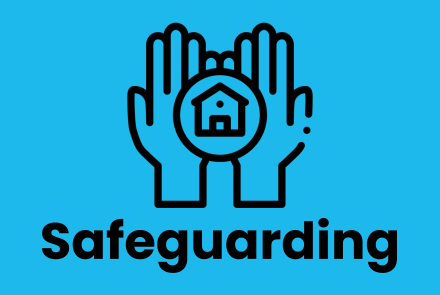Safeguarding Bulletin – April 2025
Welcome to the latest safeguarding bulletin, packed with relevant, engaging and interesting information. If you have any questions or wish to share a concern, please do not hesitate to contact the Safeguarding team:
Allison Collis Designated Safeguarding Lead 07741 743 618
Janine Ridley Deputy safeguarding lead and Pastoral support 07771 672491
Safeguarding is everyone's responsibility
Weight loss injections: A game changer or just a trend?
In recent years, weight loss injections like Mounjaro and Ozempic have gained massive popularity, with people praising their ability to help shed weight quickly. Originally developed to treat type 2 diabetes, these medications work by regulating blood sugar levels and reducing appetite. However, as demand has surged, so have concerns about their safety, side effects, and the dangers of unregulated use.
How do they work?
Mounjaro and Ozempic belong to a class of drugs that help regulate insulin and slow digestion, making people feel fuller for longer. This can lead to significant weight loss over time when combined with lifestyle changes.
Why are they so popular?
Many people, including celebrities and professionals, have praised these injections for their effectiveness.
The key benefits include:
- Significant weight loss over several months
- Reduced hunger and cravings
- Potential improvements in blood sugar levels
For individuals struggling with obesity or related health concerns, these medications can be a powerful tool.
The risks and dangers you need to know
While these injections may seem like a miracle solution, they come with serious risks that should not be ignored.
- Severe side effects: Users commonly report extreme nausea, vomiting, diarrhoea, and fatigue. More severe risks include pancreatitis, gallbladder problems, and thyroid tumours in some cases
- Not a quick fix: Stopping the medication can lead to rapid weight regain, especially if no sustainable lifestyle changes are made
- Mental health impacts: Some people experience mood changes, depression, or increased anxiety when using these medications
Unregulated and black-market sales
Due to high demand, weight loss injections are being sold illegally online and through unlicensed suppliers. Whilst this is often cheaper and more readily available, this can be extremely dangerous because:
- You may receive a fake or contaminated product, putting your health at serious risk
- Incorrect dosages can cause dangerous blood sugar crashes or overdoses and serious side effects
- Unqualified sellers do not provide proper medical advice or monitoring, which is essential when using these medications
- Long-term unknowns: These injections are still relatively new in the weight loss market. There is limited research on the long-term effects of prolonged use, especially for those without diabetes. The side effects are common and often frightening if a higher dose than recommended is taken
Is It the right choice?
If you're considering weight loss injections, it's crucial to speak with a licensed healthcare professional first. Do not buy these medications from unverified sources or social media sellers—it could put your health and life at risk.
While these treatments can be effective, building healthy eating habits, regular exercise, and a sustainable routine remain the best approach to long-term weight management.
If you have any gastrointestinal issues, these medications can be dangerous and should be avoided.
If you have struggled with disordered eating or body image challenges, these medications should also be avoided as they further fuel the mental health challenges and mean long term mental and physical health problems are more likely to occur.
Final thought
Mounjaro and Ozempic have opened new possibilities for weight loss, but they are not magic solutions. They come with serious risks, particularly if obtained illegally, used in the wrong doses or without medical supervision. If you're looking for weight loss support, speak to your GP or a registered healthcare provider to explore safe and effective options.
Stress awareness month: understanding and managing stress
April is Stress Awareness Month, a time to recognise the impact of stress on our lives and learn how to manage it effectively. Whether you’re juggling work, studies, finances, or personal challenges, stress is something that affects us all. But when left unmanaged, it can have serious effects on both mental and physical health.
What is stress?
Stress is your body's natural response to pressure or demands. In small doses, it can be useful—it keeps us alert, motivated, and ready to respond to challenges. However, prolonged or excessive stress can lead to:
- Anxiety and depression
- Sleep problems
- Headaches and fatigue
- Digestive issues
- High blood pressure and heart problems
Recognising the signs of stress
Stress affects everyone differently, but common signs include:
- Feeling overwhelmed, irritable, or anxious
- Difficulty concentrating or making decisions
- Changes in appetite or sleeping patterns
- Physical symptoms like headaches, muscle tension, or stomach problems
- Withdrawing from social activities or feeling unmotivated
Managing stress: practical tips
The good news is that stress can be managed. Here are some simple strategies:
- Prioritise self-care: Take time for activities that help you relax, like listening to music, reading, or spending time outdoors
- Stay active: Exercise releases endorphins, which boost mood and reduce stress. Even a short walk can make a difference
- Practice mindfulness: Techniques like meditation, deep breathing, or journaling can help you stay present and manage stress more effectively
- Talk about it: Don’t bottle things up. Whether it’s a friend, mentor, or professional, sharing your worries can provide relief and perspective
- Set boundaries: If your workload feels overwhelming, break tasks into smaller steps and learn to say no when needed
- Get enough sleep: Poor sleep increases stress levels. Try to maintain a consistent sleep routine and avoid screens before bed
- Eat well: A balanced diet with plenty of water, protein, and vitamins helps keep your body and mind resilient
Where to Get Support
The Better Health Generation learner health advisory service
In partnership with the Better Health Generation (TBHG) we wanted to remind you of the great additional health and wellbeing support and guidance that is available.
The learner health advisory service can provide:
- A free telephone counselling service provided by qualified mental and physical health nurses, counsellors, and occupational therapists
- A completely confidential service
- Up to six 1-1 counselling sessions
Support available
- Managing emotions, stress and anxiety, depression/low mood
- Alcohol and drug support
- Emotional wellbeing assessment and support
- Overcoming loneliness in self-isolation and anxiety in times of change
- Grief and loss
- Wellbeing and lifestyle management, such as sleeping, exercising and eating well
- Challenging unhelpful thinking
Speak to your tutor or contact a member of the Safeguarding team to be referred.
After a referral to TBHG is made, the TBHG team will make contact to book an appointment. A clinician will then complete an initial assessment to determine individual needs and circumstances, with a plan of support.
The learner health advisory service is:
- Confidential: What you speak about will be confidential between yourself and your clinician; unless there are safeguarding concerns for yourself, the learner or someone close to you, then the clinician may need to share this concern
- Commitment: To ensure to get the best from this service we ask for full engagement and commitment once the referral has been made. When arranging times think carefully about what time best suits and when less likely to have interruptions, if you are unable to make an appointment you must contact your counsellor to let them know
If you are unable to attend an appointment, 48-hour notice must be given to TBHG.
Please note:
We are charged for each session if you do not attend and have not given notice. If 2 or more sessions are missed the service maybe withdrawn. This service can only be provided to learners, so withdrawals from your training programme or apprenticeship, we mean that we are unable to continue funding the support.
Additional support:
If stress is becoming overwhelming, you’re not alone. There are many places you can turn to for support:
- Mind – A mental health charity offering advice and support. www.mind.org.uk
- Samaritans – 24/7 emotional support for anyone struggling. Call 116 123 for free
- Student and Workplace Wellbeing Services – Many employers and education providers offer free support. Check what’s available to you
- Shout – A free, confidential text service for support. Text "SHOUT" to 85258
Final thought
Stress is a part of life, but it doesn’t have to control it.
Recognising stress, talking about it, and finding healthy ways to manage it can make a huge difference.
Stephen Lawrence: Reflecting on racism in Britain and the challenges we still face
April 22nd marks the anniversary of the tragic murder of Stephen Lawrence, an 18-year-old Black British teenager who was killed in a racially motivated attack in 1993. His death became a defining moment in British history, sadly exposing institutional racism within the UK’s policing and justice system.
Over 30 years later, how much has really changed? And what challenges do we still face in the fight against racism?
Stephen Lawrence’s Legacy
Stephen’s murder was met with widespread public outrage, not just because of the horrific nature of the attack, but also because of how the police handled the case.
As a result of Stephen’s case, key reforms were introduced, including:
- The Race Relations (Amendment) Act 2000, making it a legal duty for public bodies to eliminate discrimination
- The double jeopardy law was scrapped, allowing defendants to be retried if new evidence emerged
- Police forces were required to improve diversity training and community relations
These were major steps forward, but has Britain really overcome its issues with racism?
The evolution of racism in Britain
While laws and policies have changed, racism has not disappeared—it has simply evolved. Today, racism in Britain is often more subtle but sadly, still evident in society.
Some key issues for thought and discussion include:
- Stop and search disparities: Black people are nearly nine times more likely to be stopped and searched by the police than white people, despite similar rates of offending. Why is this?
- Workplace inequality: a report by the Runnymede Trust found that ethnic minority employees are still underrepresented in senior positions. Why is this?
- Hate crimes and social media racism: the rise of social media has provided a new platform for racism, with online abuse against ethnic minorities increasing. Why is this?
- Education and representation: representation of ethnic minorities in leadership roles in education, politics, and media remains low. Why is this?
- Adultification: adultification is a form of bias where children from Black, Asian and minoritised ethnic communities are perceived as being more ‘streetwise’, more ‘grown up’, less innocent and less vulnerable than other children. Why is this?
Criminal justice system
Data shows that Black and mixed-race children are disproportionately represented within the youth justice system (Ministry of Justice and Youth Justice Board for England and Wales, 2021). There are many complex reasons for this disparity between groups of children (Lammy Review, 2017). One reason might be that Black and mixed-race children are sometimes adultified and held to a more mature standard of behaviour than their peers. This might lead to children receiving a criminal justice response from the adults around them, rather than a child protection response (Davis and Marsh, 2020).
British Values and the fight against racism
British Values - democracy, rule of law, individual liberty, and mutual respect and tolerance are at the heart of our education system and national identity.
But racism challenges these principles:
- Democracy: can we truly say everyone has an equal voice?
- Rule of law: can the law be trusted to protect all citizens equally?
- Individual liberty: do all communities feel free to live, work, and express themselves without fear of discrimination?
- Mutual respect and tolerance: are we genuinely fostering a society where diversity is celebrated, not just tolerated?
How can we drive change?
The conversation about racism cannot just be about history—it must be about action.
Here’s how we can all contribute:
- Education: learn about Black history, racism, and the contributions of ethnic minorities to British society
- Challenge discrimination: speak up when you witness racism, whether it’s in the workplace, schools, or social settings
- Encourage representation: support greater diversity in leadership roles across all sectors
Final thought
Stephen Lawrence’s story is a painful reminder of Britain’s history of racial injustice. Progress has been made, but racism remains deeply rooted in society, taking new forms and creating new challenges.
The Lost Boys: Why young men are in crisis
Over the last century, society has made significant strides in securing rights and opportunities for women and people of all gender identities. However, an alarming trend is emerging - young men are being left behind—and by a considerable margin.
From the moment they start school to the day they enter the workforce, boys and young men consistently struggle to keep up. Educational attainment among boys lags behind, with fewer progressing to higher education and an increasing number failing to transition into employment or training.
Since the pandemic alone, the number of males aged 16 to 24 who are not in education, employment, or training (NEET) has surged by a staggering 40%. Even those who do secure work often find themselves earning less than their non-male peers, including among university graduates—a stark reversal of the traditional gender pay gap.
A growing divide in society
Beyond education and employment, young men today are experiencing deepening social and political divides. Across the developed world, they are increasingly drawn to conservative, traditionalist, or right-wing movements, while young women and non-binary individuals tend to lean toward progressive and left-leaning ideals.
This ideological gap is reinforced by the digital age, where young people’s online lives shape their worldviews in isolation from one another. Unlike previous generations, where shared experiences helped bridge differences, today’s young people—regardless of gender—are growing up in parallel but separate realities, with increasingly incompatible interests, values, and life goals.
The absence of role models
At the heart of this crisis is a lack of positive male role models. With changing family structures and rising divorce rates, millions of boys grow up without strong, supportive male figures in their lives. While many thrive in blended or single-parent families, others struggle to find guidance, purpose, and belonging.
This absence has left a void—one that is too often filled by harmful online influences, leading some young men toward radicalisation, toxic masculinity, or extreme ideologies. Without alternative support systems, many young men are left adrift, searching for meaning in all the wrong places.
What happens next?
If these trends continue unchecked, the consequences will be profound—not just for young men but for society too. Addressing this crisis requires targeted education reforms, accessible mental health support, and mentorship programs that provide boys with the guidance they desperately need.
This is not about reversing the progress made for women or non-binary people—it’s about ensuring no one is left behind in the pursuit of equality.
Terrorism and National Emergencies
Current Threat levels in the UK
There are 5 levels of threat:
- Low - an attack is highly unlikely
- Moderate - an attack is possible but not likely
- Substantial - an attack is likely
- Severe - an attack is highly likely
- Critical - an attack is highly likely in the near future
The level is set by the Joint Terrorism Analysis Centre and the Security Service (MI5).
Threat levels do not have an expiry date. They can change at any time as different information becomes available.
The Threat Level for the UK currently is at SUBSTANTIAL.
Local news:
Yorkshire
Leeds Man Charged with Possessing and Disseminating Terrorist Material | Counter Terrorism Policing
North East
Gateshead Man Sentenced for Inciting Racial Hatred | Counter Terrorism Policing
If you suspect terrorism-related activity or extremist involvement, it's crucial to act responsibly. Here’s what you should do:
Immediate danger
- If you believe an attack is imminent or there is an immediate threat, call 999 (or your local emergency number) immediately.
Suspicious activity (not immediate danger)
- Report to Prevent Lead (Allison Collis) 07741 743618
- Report to the Police
- In the UK, you can report online via Action Counters Terrorism (ACT) or call the anti-terrorist hotline at 0800 789 321
Anonymous reporting
- You can report concerns anonymously via Crimestoppers (0800 555 111) if you are uncomfortable disclosing your identity


